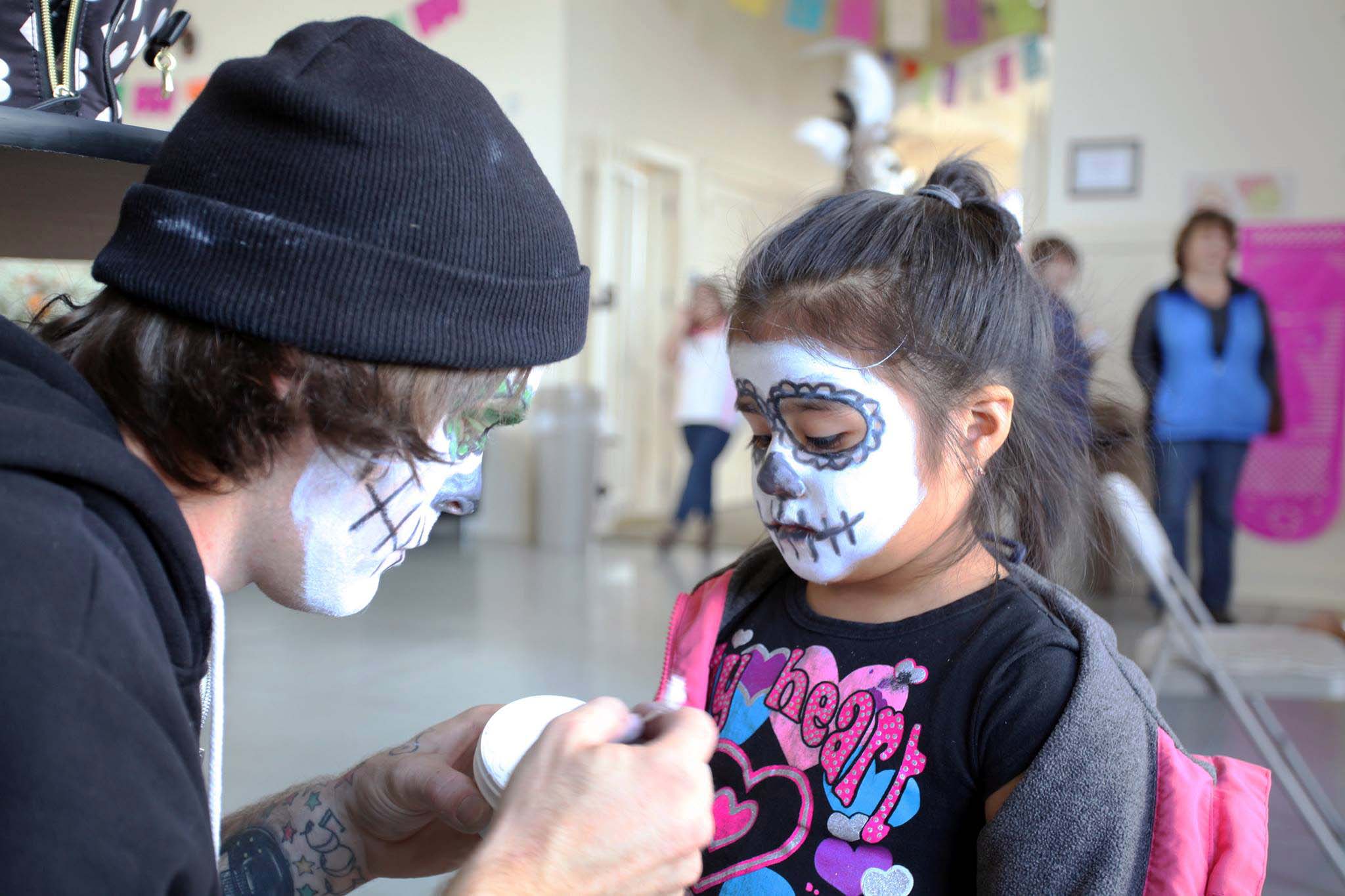Oregon Renters Lead the Way to Safe, Stable and Healthy Homes
/Change should always be led by the people who will be most impacted by it. Solutions work better for everyone when they are created by the communities that need them the most. It’s the curb-cut effect.
For example, everyone in our region — Oregon and Southwest Washington — has been affected by the affordable housing crisis. Even homeowners feel the impact when neighbors, coworkers and employees, their children’s classmates, teachers, caregivers and countless other community members suffer the stress of housing instability. Housing instability impacts all of us. But who is most impacted? Who should lead the way in confronting this problem?
According to Community Alliance of Tenants (CAT), low-income tenants — mainly, people of color, families with children, low-wage workers, people with disabilities and seniors. Which is why CAT is partnering with a number of organizations to advance tenant protections this legislative session.
Across our region, increased demand for housing has led to rent hikes and no-cause evictions. Too many families find themselves houseless, priced out of their cities and towns, sleeping on friends’ couches, in cars and shelters, even on the street. Without a safe place to call home, they struggle to keep their jobs, feed their kids and get them to school.
Families who haven’t been evicted are too scared to ask their landlords for necessary repairs and improvements; they’re afraid of retaliation. Meanwhile, their children suffer from “slum housing disease” due to unhealthy living conditions.
Their fear is warranted. Families with small children, especially from immigrant and refugee communities face higher barriers to quality housing, and they’re more vulnerable to discrimination, retaliation and involuntary displacement.
CAT members, as well as their majority-tenant board of directors, identified no-cause evictions and lifting the ban on rent-stabilization as their top priorities. So CAT responded by convening the Stable Homes for Oregon Families Coalition, a group of over 75 organizations advocating for the 40% of Oregonians who rent their homes. CAT also initiated the Tenant Leadership Council, composed of parents of color to lead the #JustCauseBecause campaign this legislative session.
The Tenant Leadership Council spent time helping shape House Bill 2004, vetting it against their experiences, and mobilizing their fellow tenants to participate in various actions, including phone banking, visiting their legislators, hosting rallies and supporting civic engagement opportunities for renters. They also coordinated lobby days at the Oregon State Capitol and developed and presented testimony in support of the bill. On February 4, they packed a listening session with 250 people, and 20 legislators and their staff attended to hear residents from all over Oregon share their stories. On April 30, they plan to pack another listening session in Eugene.
Thanks to the leadership of low-income Oregon tenants, we trust #JustCauseBecause and #RentStabilization are the best choices for our state. We may not end the affordable housing crisis with these two bills, but we will reduce stress and fear, mitigate displacement and ensure renters feel supported enough to demand healthy living conditions. And everyone in our region will benefit because of it.
Community Alliance of Tenants is one of Northwest Health Foundation's Kaiser Permanente Community Fund funded partners.














































